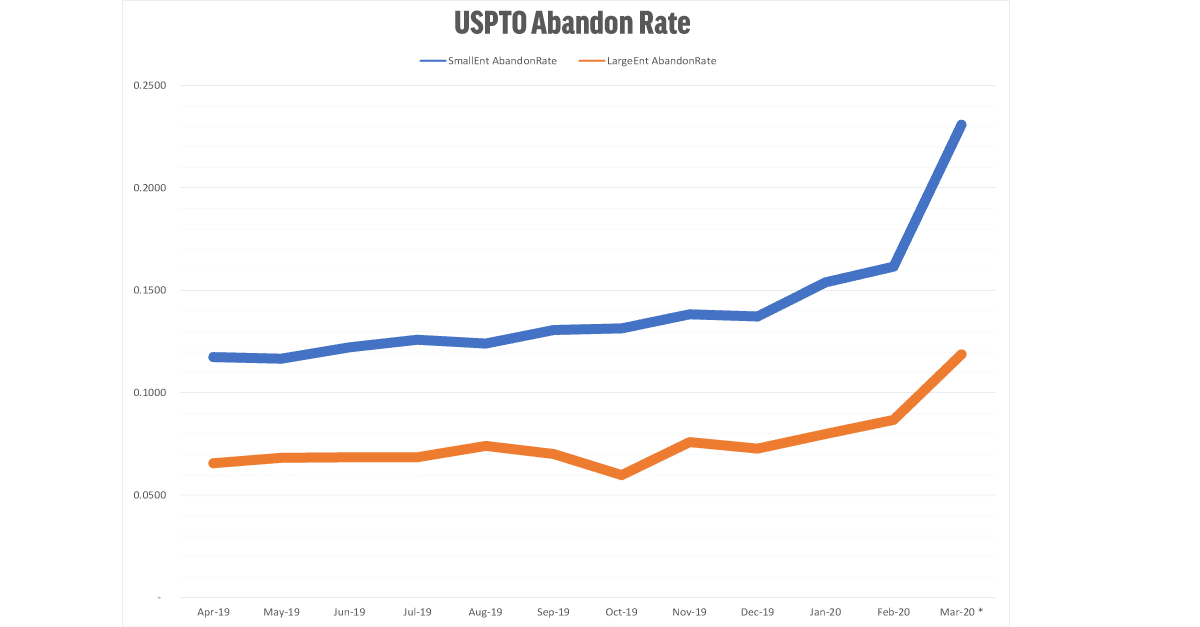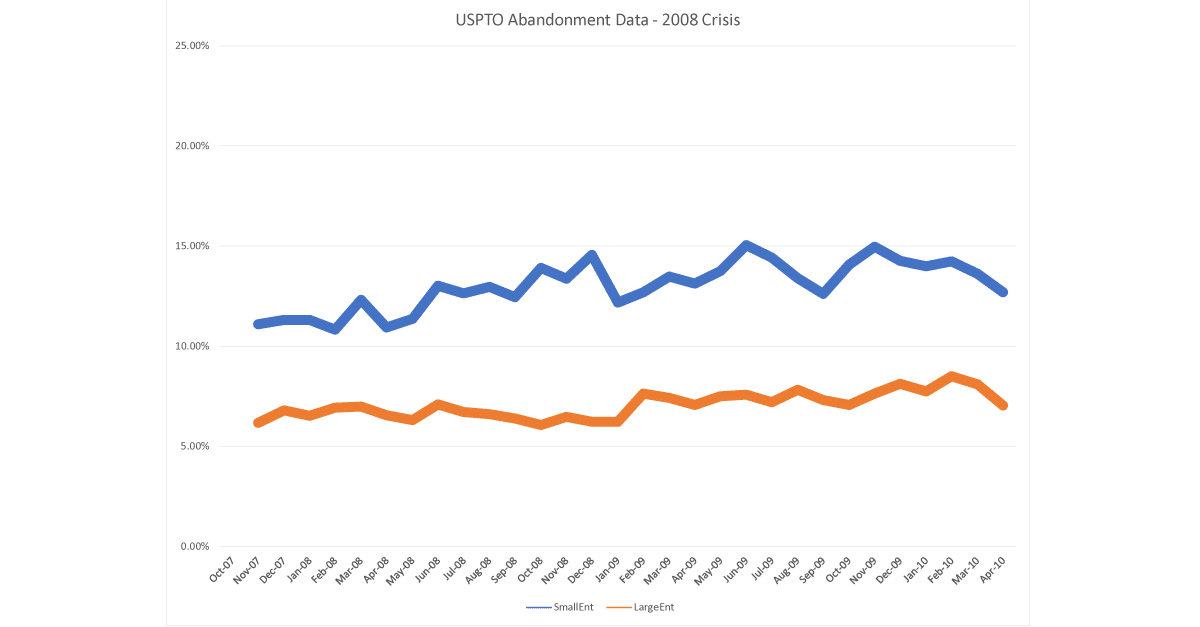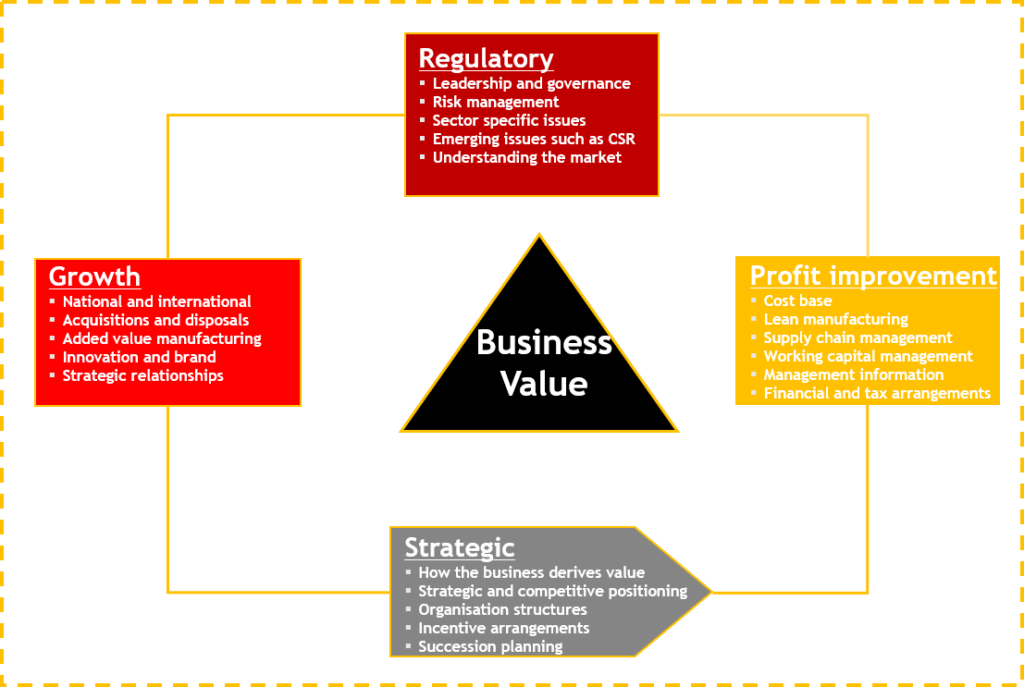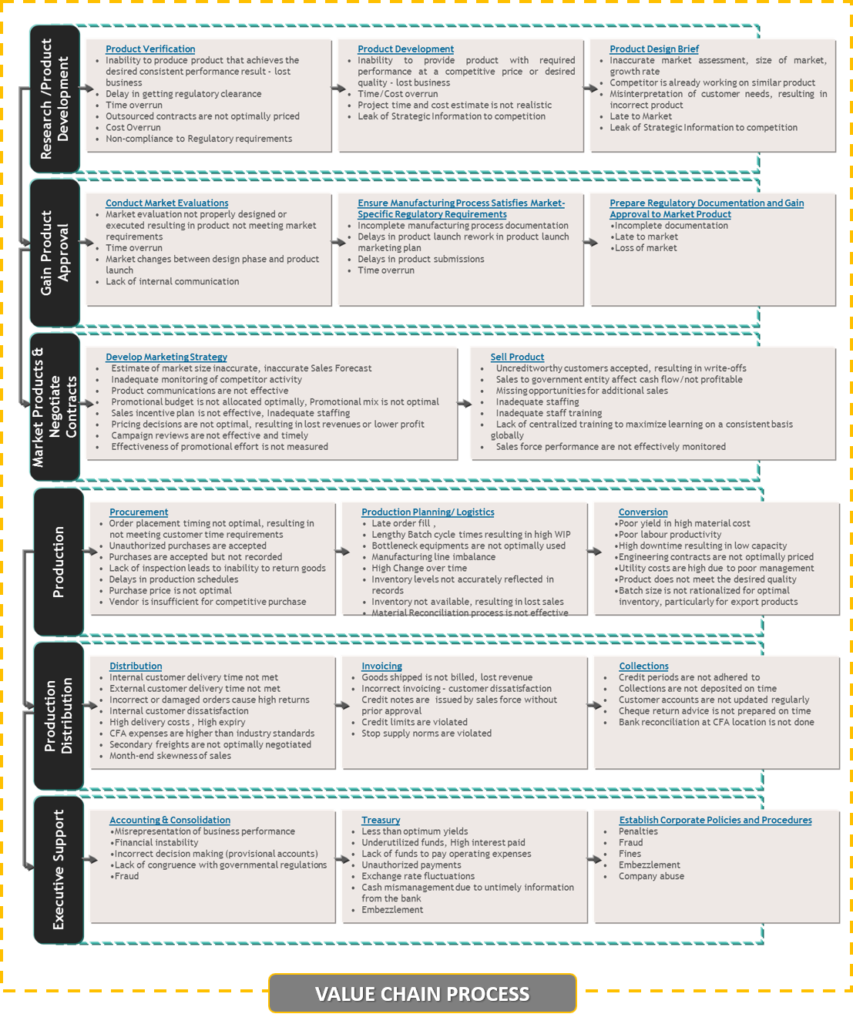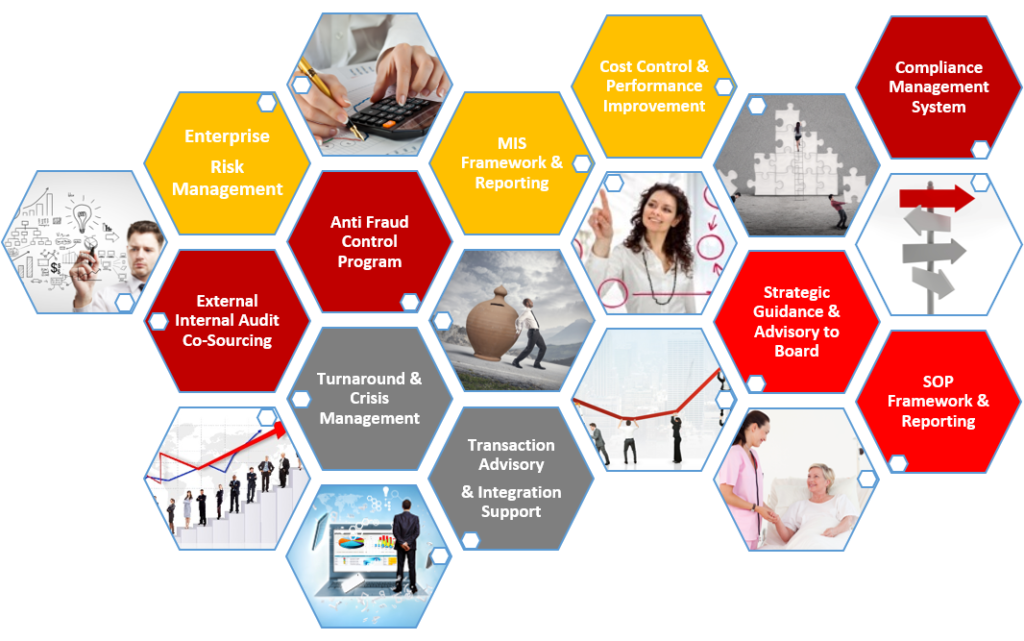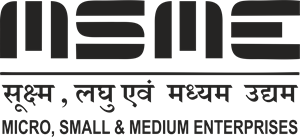| Particulars | TDS Rates(in %)
(AY 2020-21) | TDS Rates(in %)
(AY 2021-22) |
| 1. In the case of a person other than a company | | |
| 1.1 where the person is resident in India- | | |
| Section 192: Payment of salary | Normal Slab Rate | Normal Slab Rate |
Section 192A: Payment of accumulated balance of provident fund which is taxable in the hands of an employee.
(Monetary Limit – Rs 50,000) | 10 | 10 |
| Section 193: Interest on securities | | |
| a) any debentures or securities for money issued by or on behalf of any local authority or a corporation established by a Central, State or Provincial Act; | 10 | 10 |
| b) any debentures issued by a company where such debentures are listed on a recognised stock exchange in accordance with the Securities Contracts (Regulation) Act, 1956 (42 of 1956) and any rules made thereunder; | 10 | 10 |
c) any security of the Central or State Government;
[i.e. 8% Savings (Taxable) Bonds, 2003 and 7.75% Saving (Taxable) Bonds, 2018]
(Monetary Limit – Rs 10,000) | 10 | 10 |
| d) interest on any other security | 10 | 10 |
Section 194A: Income by way of interest other than “Interest on securities”
(Monetary Limit – Rs 40,000) | 10 | 10 |
Section 194B: Income by way of winnings from lotteries, crossword puzzles, card games and other games of any sort
(Monetary Limit – Rs 10,000) | 30 | 30 |
Section 194BB: Income by way of winnings from horse races
(Monetary Limit – Rs 10,000) | 30 | 30 |
Section 194C: Payment to contractor/sub-contractor
(Monetary Limit – Rs 30,000 per contract or Rs 1,00,000 for aggregate amount during the year) | | |
| a) HUF/Individuals | 1 | 1 |
| b) Others | 2 | 2 |
Section 194D: Insurance commission
(Monetary Limit – Rs 15,000) | 5 | 5 |
Section 194DA: Payment in respect of life insurance policy w.e.f. 1/9/2019, the tax shall be deducted on the amount of income comprised in insurance pay-out
(Monetary Limit – Rs 1,00,000) | 5 | 5 |
Section 194EE: Payment in respect of deposit under National Savings scheme
(Monetary Limit – Rs 2,500) | 10 | 10 |
| Section 194F: Payment on account of repurchase of unit by Mutual Fund or Unit Trust of India | 20 | 20 |
Section 194G: Commission, etc., on sale of lottery tickets
(Monetary Limit – Rs 15,000) | 5 | 5 |
Section 194H: Commission or brokerage
(Monetary Limit – Rs 15,000) | 5 | 5 |
Section 194-I: Rent
(Monetary Limit – Rs 2,40,000) | | |
| a) Plant & Machinery | 2 | 2 |
| b) Land or building or furniture or fitting | 10 | 10 |
Section 194-IA: Payment on transfer of certain immovable property other than agricultural land
(Monetary Limit – Consideration exceeding Rs 50,00,000) | 1 | 1 |
Section 194-IB: Payment of rent by individual or HUF not liable to tax audit
(Monetary Limit – Rent for the month or part of the month exceeds Rs 50,000)
Note: This provision is applicable from June 1, 2017 | 5 | 5 |
| Section 194-IC: Payment of monetary consideration under Joint Development Agreements | 10 | 10 |
Section 194J: Payment for fees for Technical services, Professional services or royalty etc.
(Monetary Limit –Rs 30,000 p.a) | | |
| a) Fee for technical services | 10 | 2
(w.e.f. 01/04/2020) |
b) Fee in other all cases as per Section 194J
Note: With effect from June 1, 2017 the rate of TDS would be 2% in case of payee engaged in business of operation of call center. | 10 | 10 |
Section 194K: Payment of any income in respect ofa) Units of a Mutual Fund as per Section 10(23D)b) Units from the administratorc) Units from specified company
(This Section is inserted by Finance Act, 2020 which is applicable from 01/04/2020) | N.A. | 10 |
Section 194LA: Payment of compensation on acquisition of certain immovable property
(Monetary Limit –Rs 2,50,000 p.a.)
Note: With effect from April 1, 2017, no deduction of tax shall be made on any payment which is exempt from levy of income-tax under Right to Fair Compensation Act, 2013. | 10 | 10 |
| Section 194LBA(1): Business trust shall deduct tax while distributing, any interest received or receivable by it from a SPV or any income received from renting or leasing or letting out any real estate asset owned directly by it, to its unit holders. | 10 | 10 |
| Section 194LBB: Investment fund paying an income to a unit holder [other than income which is exempt under Section 10(23FBB)] | 10 | 10 |
| Section 194LBC: Income in respect of investment made in a securitisation trust (specified in Explanation of section115TCA) | 25% in case of Individual or HUF
30% in case of other resident person | 25% in case of Individual or HUF
30% in case of other resident person |
| Section 194M: Payment of commission (not being insurance commission), brokerage, contractual fee, professional fee to a resident person by an Individual or a HUF who are not liable to deduct TDS under section 194C, 194H, or 194J.Tax shall be deducted under section 194M with effect from 1/09/2019 when aggregate of sum credited or paid during a financial year exceeds Rs. 50 lakh. | 5 | 5 |
| Section 194N: Cash withdrawal in excess of Rs. 1 crore during the previous year from one or more account maintained by a person with a banking company, co-operative society engaged in business of banking or a post office(with effect from 01/09/2019) | 2 | 2 |
Section 194-O: Applicable for E-Commerce operator for sale of goods or provision of service facilitated by it through its digital or electronic facility or platform.
(This Section is inserted by Finance Act, 2020 which is applicable from 01/04/2020) | N.A. | 1 |
| 1.2 where the person is not resident in India*- | | |
| Section 192: Payment of Salary | Normal Slab Rate | Normal Slab Rate |
Section 192A: Payment of accumulated balance of provident fund which is taxable in the hands of an employee.
(Monetary Limit – Rs 50,000) | 10.4 | 10.40 |
Section 194B: Income by way of winnings from lotteries, crossword puzzles, card games and other games of any sort
(Monetary Limit – Rs 10,000) | 31.20 | 31.20 |
Section 194BB: Income by way of winnings from horse races
(Monetary Limit – Rs 10,000) | 31.20 | 31.20 |
| Section 194E: Payment to non-resident sportsmen/sports association | 20.80 | 20.80 |
Section 194EE: Payment in respect of deposits under National Savings Scheme.
(Monetary Limit – Rs 2,500) | 10.4 | 10.4 |
| Section 194F: Payment on account of repurchase of unit by Mutual Fund or Unit Trust of India | 20.80 | 20.80 |
Section 194G: Commission, etc., on sale of lottery tickets
(Monetary Limit – Rs 15,000) | 5.20 | 5.20 |
| Section 194LB: Payment of interest on infrastructure debt fund | 5.20 | 5.20 |
| Section 194LBA(2): Business trust shall deduct tax while distributing any interest income received or receivable by it from a SPV to its unit holders. | 5.20 | 5.20 |
| Section 194LBA(3): Business trust shall deduct tax while distributing any income received from renting or leasing or letting out any real estate asset owned directly by it to its unit holders. | 31.20 | 31.20 |
| Section 194LBB: Investment fund paying an income to a unit holder [other than income which is exempt under Section 10(23FBB)]. | 31.20 | 31.20 |
| Section 194LBC: Income in respect of investment made in a securitisation trust (specified in Explanation of section115TCA) | 31.20 | 31.20 |
Section 194LC: Payment of interest by an Indian Company or a business trust in respect of money borrowed in foreign currency under a loan agreement or by way of issue of long-term bonds (including long-term infrastructure bond)
Note: Now TDS at concessional rate of 5% will be applicable for borrowings made after April 1, 2020 but before July 1, 2023. | 5.20 | 5.20 |
Section 194LD: Payment of interest on rupee denominated bond of an Indian Company or Government securities to a Foreign Institutional Investor or a Qualified Foreign Investor
Note: Now TDS at concessional rate of 5% will be applicable for borrowings made after April 1, 2020 but before July 1, 2023. | 5.20 | 5.20 |
| Section 195: Payment of any other sum to a Non-resident | | |
| a) Income in respect of investment made by a Non-resident Indian Citizen | 20.80 | 20.80 |
| b) Income by way of long-term capital gains referred to in Section 115E in case of a Non-resident Indian Citizen | 10.40 | 10.40 |
| c) Income by way of long-term capital gains referred to in sub-clause (iii) of clause (c) of sub-Section (1) of Section 112 | 10.40 | 10.40 |
| d) Income by way of long-term capital gains as referred to in Section 112A | 10.40 | 10.40 |
| e) Income by way of short-term capital gains referred to in Section 111A | 15.60 | 15.60 |
| f) Any other income by way of long-term capital gains [not being long-term capital gains referred to in clauses 10(33), 10(36) and 112A | 20.80 | 20.80 |
| g) Income by way of interest payable by Government or an Indian concern on moneys borrowed or debt incurred by Government or the Indian concern in foreign currency (not being income by way of interest referred to in Section 194LB or Section 194LC) | 20.80 | 20.80 |
| h) Income by way of royalty payable by Government or an Indian concern in pursuance of an agreement made by it with the Government or the Indian concern where such royalty is in consideration for the transfer of all or any rights (including the granting of a licence) in respect of copyright in any book on a subject referred to in the first proviso to sub-section (1A) of Section 115A of the Income-tax Act, to the Indian concern, or in respect of any computer software referred to in the second proviso to sub-section (1A) of Section 115A of the Income-tax Act, to a person resident in India | 10.40 | 10.40 |
| i) Income by way of royalty [not being royalty of the nature referred to point g) above E] payable by Government or an Indian concern in pursuance of an agreement made by it with the Government or the Indian concern and where such agreement is with an Indian concern, the agreement is approved by the Central Government or where it relates to a matter included in the industrial policy, for the time being in force, of the Government of India, the agreement is in accordance with that policy | 10.40 | 10.40 |
| j) Income by way of fees for technical services payable by Government or an Indian concern in pursuance of an agreement made by it with the Government or the Indian concern and where such agreement is with an Indian concern, the agreement is approved by the Central Government or where it relates to a matter included in the industrial policy, for the time being in force, of the Government of India, the agreement is in accordance with that policy | 10.40 | 10.40 |
| k) Any other income | 31.20 | 31.20 |
| Section 196B: Income from units (including long-term capital gain on transfer of such units) to an offshore fund | 10.40 | 10.40 |
| Section 196C: Income from foreign currency bonds or GDR of an Indian company (including long-term capital gain on transfer of such bonds or GDR) | 10.40 | 10.40 |
| Section 196D: Income of foreign Institutional Investors from securities (not being dividend or capital gain arising from such securities) | 20.80 | 20.80 |
| 2. In the case of a company- | | |
| 2.1 where the company is a domestic company- | | |
| Section 193: Interest on securities | | |
| a) any debentures or securities for money issued by or on behalf of any local authority or a corporation established by a Central, State or Provincial Act; | 10 | 10 |
| b) any debentures issued by a company where such debentures are listed on a recognised stock exchange in accordance with the Securities Contracts (Regulation) Act, 1956 (42 of 1956) and any rules made thereunder; | 10 | 10 |
c) any security of the Central or State Government;[i.e. 8% Saving (Taxable) Bonds, 2003 and 7.75% Saving (Taxable) Bonds, 2018]
(Monetary Limit – Rs 10,000) | 10 | 10 |
| d) interest on any other security | 10 | 10 |
| Section 194: Dividend | 10
(Monetary Limit – Rs 2,500) | 10
(Monetary Limit – Rs 5,000)(w.e.f. 01/04/2020) |
Section 194A: Income by way of interest other than “Interest on securities”
(Monetary Limit – Rs 40,000) | 10 | 10 |
Section 194B: Income by way of winnings from lotteries, crossword puzzles, card games and other games of any sort
(Monetary Limit – Rs 10,000) | 30 | 30 |
Section 194BB: Income by way of winnings from horse races
(Monetary Limit – Rs 10,000) | 30 | 30 |
Section 194C: Payment to contractor/sub-contractor
(Monetary Limit – Rs 30,000 per contract or Rs 1,00,000 for aggregate amount during the year) | | |
| a) HUF/Individuals | 1 | 1 |
| b) Others | 2 | 2 |
Section 194D: Insurance commission
(Monetary Limit – Rs 15,000) | 10 | 10 |
Section 194DA: Payment in respect of life insurance policy w.e.f. 1/9/2019, the tax shall be deducted on the amount of income comprised in insurance pay-out
(Monetary Limit – Rs 1,00,000) | 5 | 5 |
Section 194EE: Payment in respect of deposit under National Savings scheme
(Monetary Limit – Rs 2,500) | 10 | 10 |
| Section 194F: Payment on account of repurchase of unit by Mutual Fund or Unit Trust of India | 20 | 20 |
Section 194G: Commission, etc., on sale of lottery tickets
(Monetary Limit – Rs 15,000) | 5 | 5 |
Section 194H: Commission or brokerage
(Monetary Limit – Rs 15,000) | 5 | 5 |
Section 194-I: Rent
(Monetary Limit – Rs 2,40,000) | | |
| a) Plant & Machinery | 2 | 2 |
| b) Land or building or furniture or fitting | 10 | |
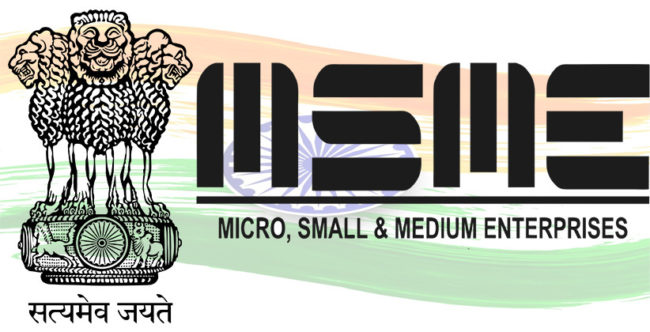
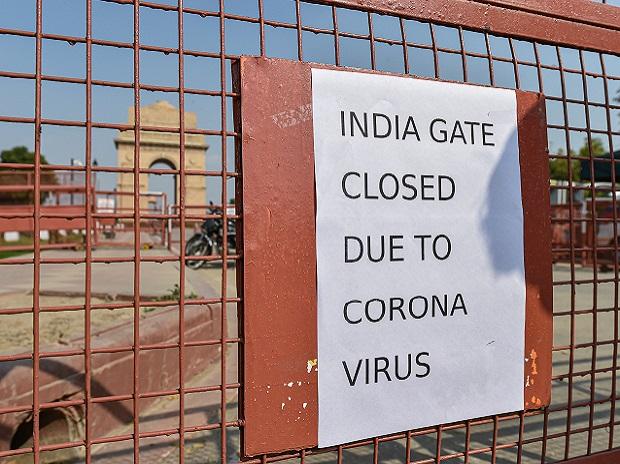
 Online Enquiry
Online Enquiry
 Useful Links
Useful Links




